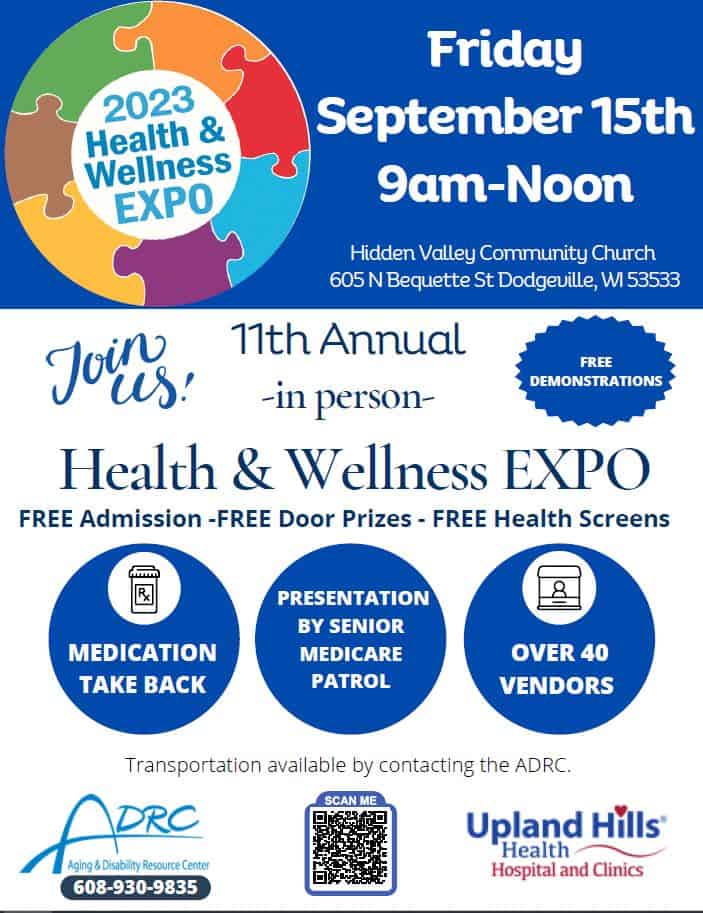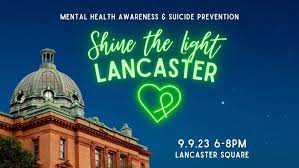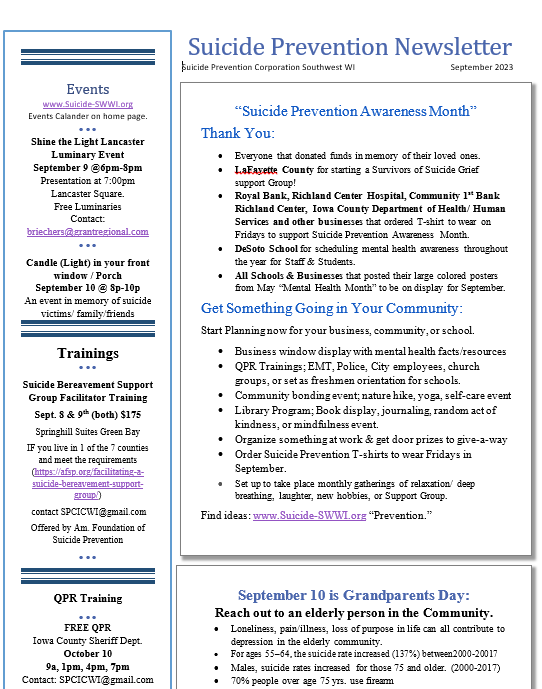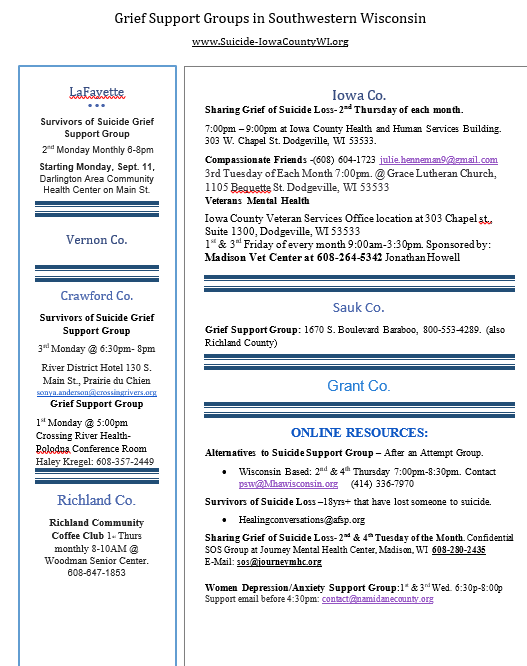
One essential component of recovery from addiction is support. Support can come in various forms and is crucial for people trying to overcome addiction. Here are some key aspects of support in addiction recovery:
- Emotional Support: This includes understanding, empathy, and encouragement from friends, family members, support groups, or therapists. Emotional support helps individuals cope with the emotional challenges and cravings that often accompany addiction recovery.
- Social Support: Building a supportive social network can be instrumental in recovery. Positive relationships with people who encourage sobriety and healthy living can help individuals stay on track.
- Professional Support: Treatment by trained professionals, such as therapists, counselors, or addiction specialists, is often necessary. They can provide evidence-based therapies and strategies to address the underlying causes of addiction and develop coping mechanisms.
- Peer Support Groups: Participation in support groups like Alcoholics Anonymous (AA) or Narcotics Anonymous (NA) can be extremely beneficial. These groups provide a sense of community, shared experiences, and a non-judgmental space to discuss challenges and successes in recovery.
- Medical Support: For some individuals, medication-assisted treatment (MAT) may be necessary to manage cravings and withdrawal symptoms. Medical professionals can prescribe and monitor these medications as part of a comprehensive recovery plan.
- Lifestyle Support: Learning to adopt a healthy lifestyle is crucial. This includes proper nutrition, regular exercise, stress management techniques, and healthy sleep patterns, all of which contribute to overall well-being and recovery.
- Relapse Prevention Strategies: Individuals in recovery need tools and strategies to prevent relapse. This may involve identifying triggers, developing coping skills, and creating a relapse prevention plan.
- Continued Care: Recovery is an ongoing process. After initial treatment, ongoing support and check-ins are vital to maintain sobriety and address any potential setbacks.
- Personal Motivation: Ultimately, the individual’s desire and commitment to change are essential. Without a personal commitment to recovery, it can be challenging to overcome addiction.
It’s important to note that addiction recovery is a highly individualized process, and what works for one person may not work for another. Therefore, a combination of these support components should be tailored to meet the specific needs of each individual in recovery.








